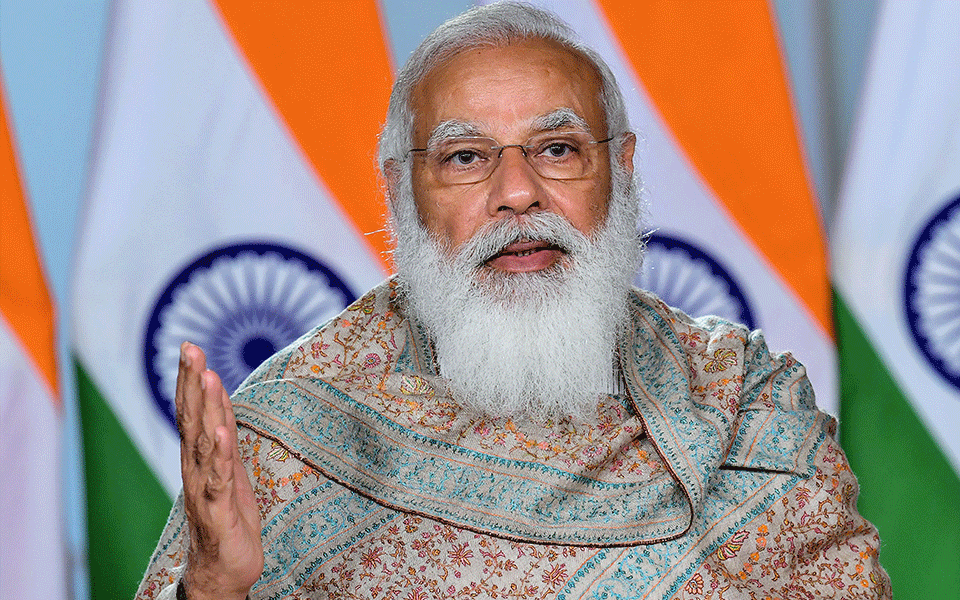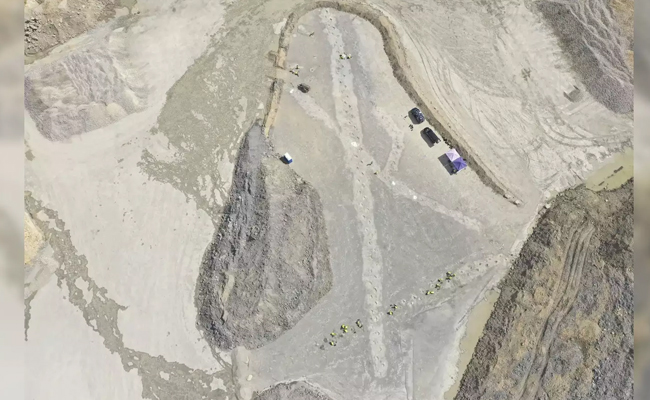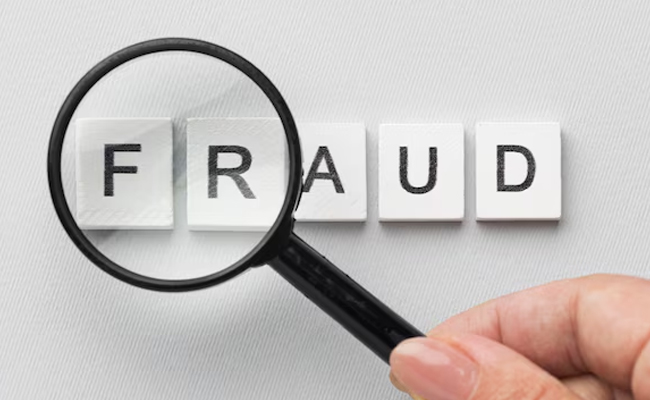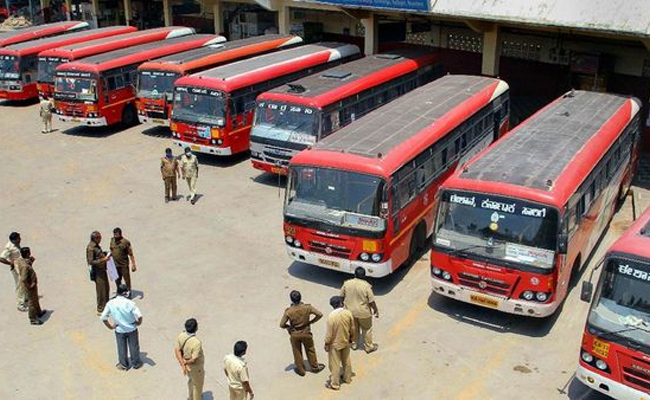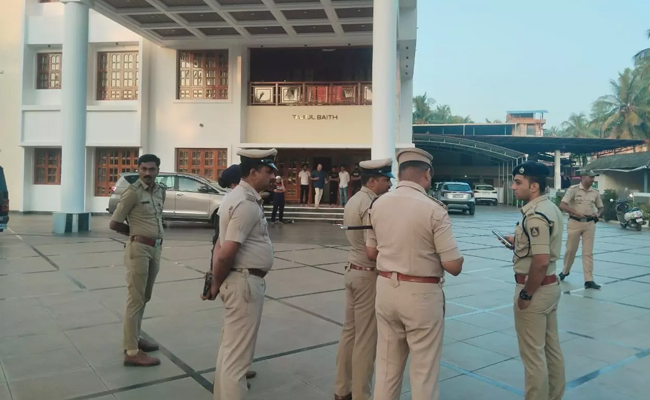New Delhi: Underlining the importance of collective responsibility towards water conservation, Prime Minister Narendra Modi on Sunday called for a 100-day campaign to clean up all water bodies and prepare them for rain water harvesting before the monsoon season starts.
In his monthly 'Mann Ki Baat' broadcast, Modi said water has been crucial for the development of humankind for centuries.
"We have to understand our collective responsibility towards water conservation," he said.
The prime minister also said that when people feel proud of indigenous products then Aatmanirbhar Bharat does not just remain an economic programme but becomes a national spirit.
Noting that monsoon will begin in many parts of the country by around May-June, the prime minister asked can there be a 100-day public campaign to clean up all nearby water bodies and prepare those for rain water conservation.
In this regard, the Union Jal Shakti Ministry is also launching "Catch the rain" campaign and its main theme is "catch the rain, where it falls, when it falls", he said.
"This is the best time to think about water conservation in the summer months ahead," Modi said.
He also said there is a need to make science more popular across the country and asserted that science cannot be limited to physics-chemistry and labs. Modi called for expanding science with a mantra of 'lab to land'.
During the broadcast, the prime minister also rued not being able to make enough efforts to learn the world's oldest language, Tamil.
"In run up to Mann Ki Baat, I was asked if there was something I missed out on during these long years as chief minister and prime minister. I feel -- it is a regret of sorts that I could not make enough efforts to learn the world's oldest language Tamil. Tamil literature is beautiful," Modi said. PTI ASK/BJ
Let the Truth be known. If you read VB and like VB, please be a VB Supporter and Help us deliver the Truth to one and all.
London (PTI): Researchers from the Universities of Oxford and Birmingham have uncovered a huge expanse of quarry floor filled with hundreds of different dinosaur footprints.
In a stunning find, the teams uncovered multiple enormous trackways dating back to the Middle Jurassic Period (around 166 million years ago).
The trackways form part of a huge ‘dinosaur highway’ and include footprints from the nine-metre ferocious predator Megalosaurus, and herbivorous dinosaurs up to twice that size.
The excavation will be broadcast on BBC Two’s Digging for Britain on January 8 and featured in a new public exhibition Breaking Ground at Oxford University Museum of Natural History (OUMNH).
These footprints offer an extraordinary window into the lives of dinosaurs, revealing details about their movements, interactions, and the tropical environment they inhabited.
The dig, carried out at Dewars Farm Quarry in Oxfordshire, uncovered five extensive trackways with evidence of more in the surrounding area.
The longest continuous trackway measured more than 150 metres in length.
Four of the trackways were made by gigantic, long-necked, herbivorous dinosaurs called sauropods, most likely to be Cetiosaurus, an up to 18-metre-long cousin of the well-known Diplodocus.
The fifth trackway was made by the carnivorous theropod dinosaur, Megalosaurus which had distinctive, large, three-toed feet with claws.
One area of the site shows the carnivore and herbivore tracks crossing over, raising questions about whether and how the two were interacting.
Megalosaurus was the first dinosaur worldwide to be scientifically named and described in 1824, and kick-started the last 200 years of dinosaur science.
Dr Emma Nicholls, Vertebrate Palaeontologist at OUMNH, explained: “Scientists have known about and been studying Megalosaurus for longer than any other dinosaur on Earth, and yet these recent discoveries prove there is still new evidence of these animals out there, waiting to be found.”
The footprints were buried under mud but came to light when quarry worker Gary Johnson felt ‘unusual bumps’ as he was stripping the clay back with his vehicle, in order to expose the quarry floor.
At this point, the experts were called in. Working closely with Dewars Farm and Duns Tew Quarry Manager Mark Stanway, and his staff, the Universities of Oxford and Birmingham co-led a team of more than 100 people on a week-long excavation in June 2024.
Together, they painstakingly uncovered around 200 footprints and built detailed 3D models of the site using aerial drone photography – documenting the footprints in unprecedented detail for future research.
Professor Kirsty Edgar, Professor of Micropalaeontology at the University of Birmingham, said: “These footprints offer an extraordinary window into the lives of dinosaurs, revealing details about their movements, interactions, and the tropical environment they inhabited.”
Mark Stanway and his team at Smiths Bletchington provided an enormous amount of support from the initial discovery through to the full excavation. They were invaluable in providing both their extensive expertise in the local geology, and operating specialist equipment such as excavators and rock saws.
The new trackways connect to discoveries made in the area in 1997, where previous limestone quarrying revealed more than 40 sets of footprints, with some trackways reaching up to 180 m in length.
At the time, the site provided major new information on the types of dinosaurs present in the UK during the Middle Jurassic Period. The site was recognised as one of the most scientifically important dinosaur track sites in the world and subsequently designated a Site of Special Scientific Interest.
However, the original site is largely no longer accessible and, since the findings predated the use of digital cameras and drones, there is limited photographic evidence.
The new trackways add to the significance of the area, and even though the discoveries are separated by just thirty years, modern techniques and technology mean the prints can be recorded much more comprehensively than ever before.
Professor Richard Butler, Professor of Palaeobiology at the University of Birmingham, said: “There is much more that we can learn from this site, which is an important part of our national Earth heritage. Our 3D models will allow researchers to continue to study and make accessible this fascinating piece of our past for generations to come.”
During the new excavation, more than 20,000 images were created of the prints. These will provide a wealth of material for further study and education and could yield valuable insights into how these dinosaurs walked, including speeds, how large they were, and if and how they interacted.
Dr Duncan Murdock, Earth Scientist at OUMNH, said: “The preservation is so detailed that we can see how the mud was deformed as the dinosaur’s feet squelched in and out. Along with other fossils like burrows, shells and plants we can bring to life the muddy lagoon environment the dinosaurs walked through.”
The BBC’s Digging for Britain team filmed the work as part of a new series due to be broadcast next week. Presented by Professor Alice Roberts, who is also the University of Birmingham’s Professor of Public Engagement in Science, the programme will be available on iPlayer from 7th January, and broadcast on BBC Two on 8th January 2025.
The dig will also feature in the exhibition Breaking Ground at OUMNH, which tells the story of major developments in our understanding of the history of life and Earth.
Visitors will be able to view the Megalosaurus fossils used in the first description of a dinosaur, see photographs and video footage from the dig site, and learn about the latest techniques used by palaeontologists to study dinosaurs.
The excavation was funded by the Geologists’ Association, School of Geography, Earth and Environmental Sciences at the University of Birmingham, and the University of Birmingham Alumni Fund.

